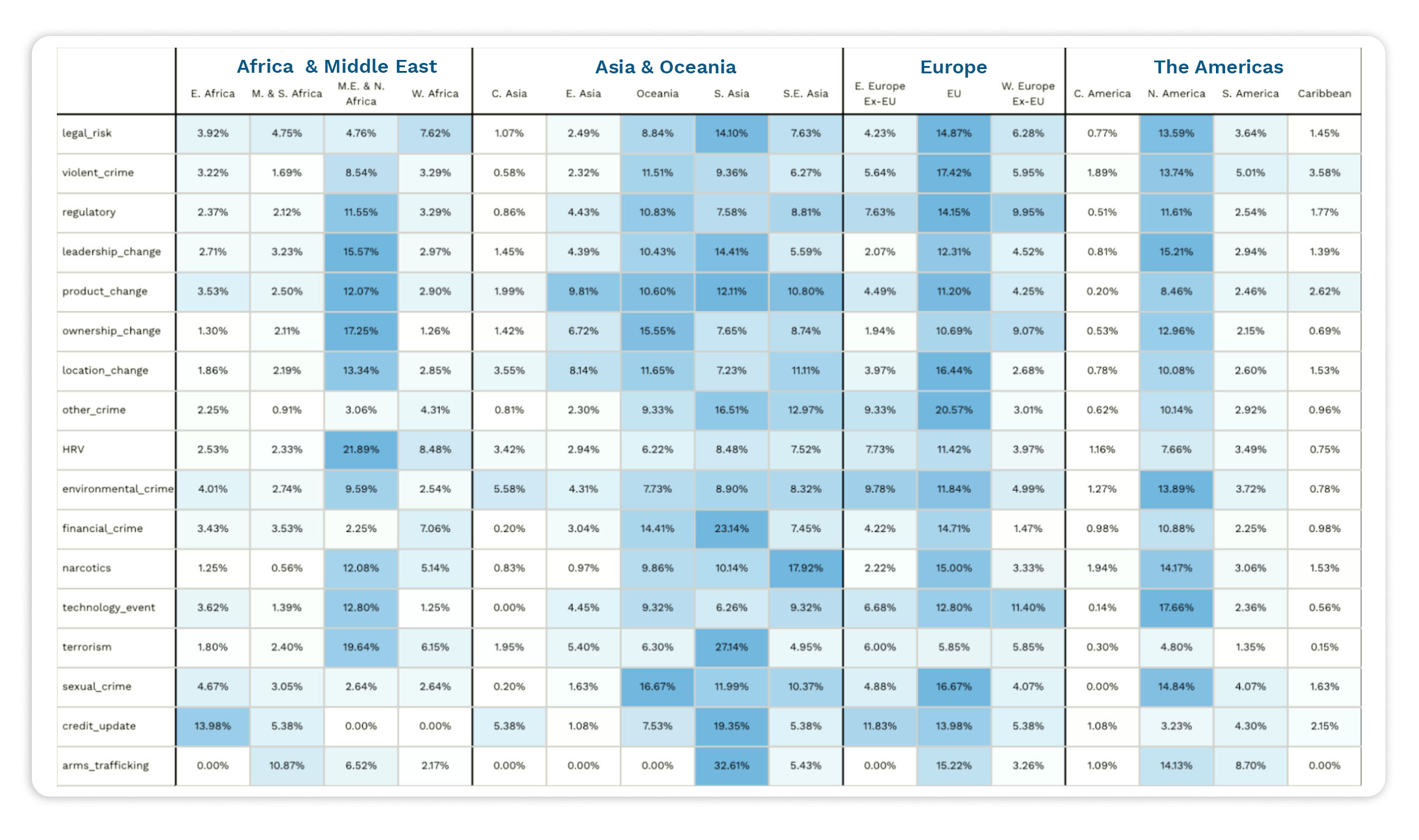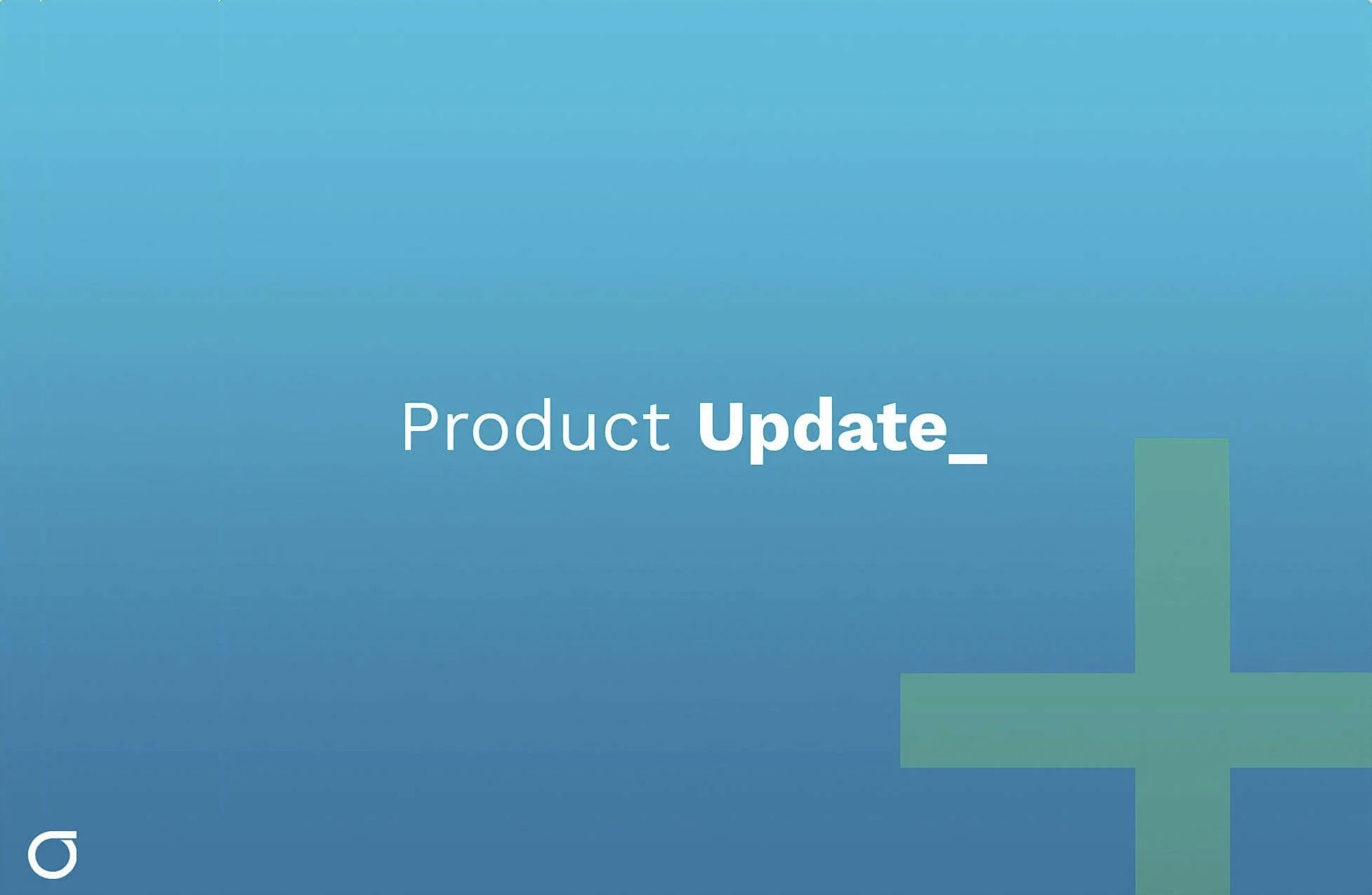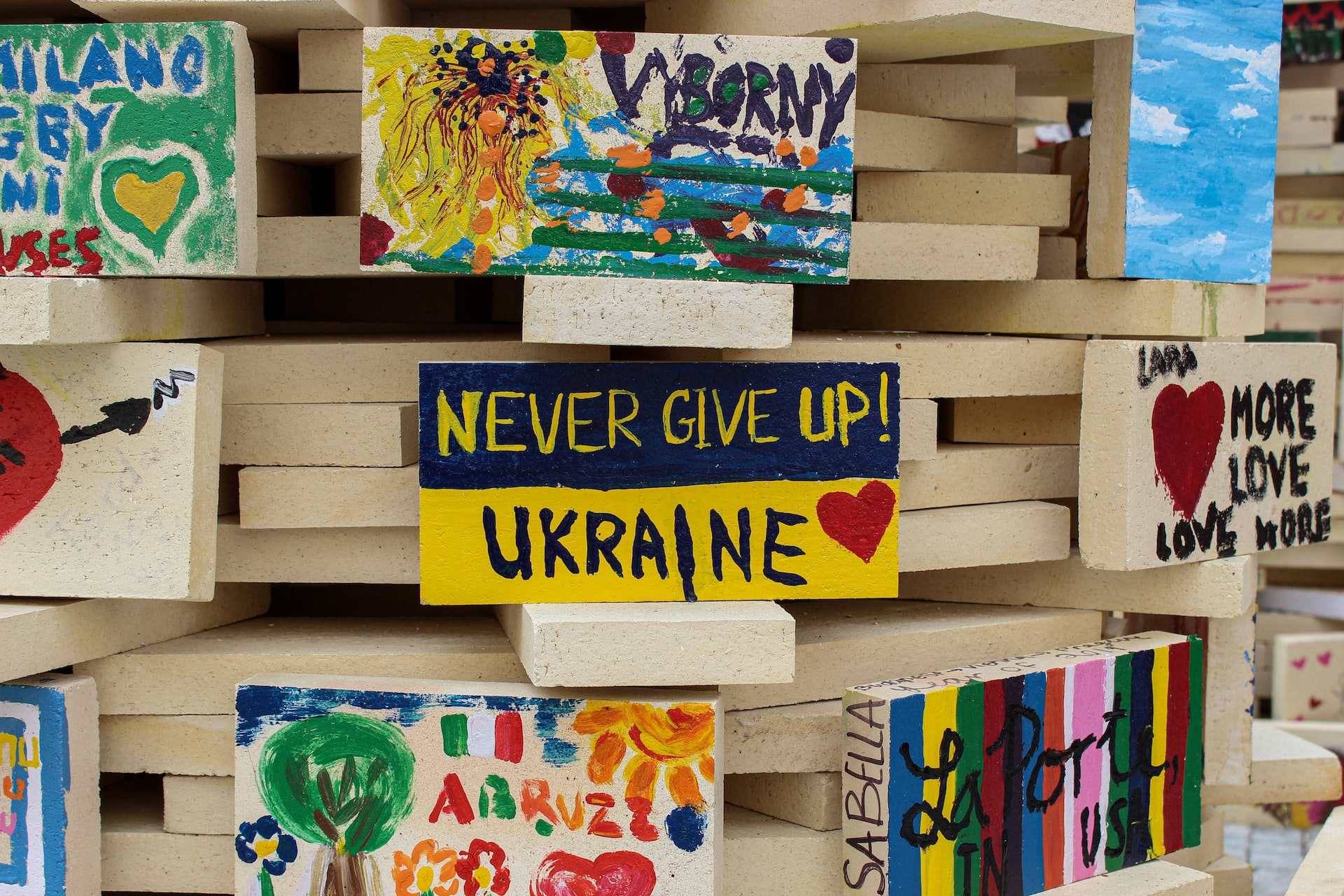In just over a week since the invasion of Ukraine by Russia, the global economy has experienced a dramatic shift. As governments around the world imposed sanctions against Russia, closed airspaces to its planes and shut banks out of SWIFT, we’ve watched oil prices spike, global markets turn volatile and supply chains become disrupted. Given the statements made by many global leaders leading up to the invasion last week, these government actions and subsequent economic impacts were highly anticipated and expected.
More surprising, however, were the swift decisions by many multinational corporations to re-evaluate and pull out of the business that they conduct with Russia. According to Bloomberg, that list continues to grow. Many of those companies, including major energy companies such as BP and Shell, led the way with their decisions early this week to pull out after decades of significant investment in the country. In just the few days that followed, we’ve seen fashion brands, big tech, consumer goods producers, car manufacturers and filmmakers pull back from their business in Russia. Following a meeting with Shell’s CEO on Monday, Kwasi Kwarten, the U.K. business secretary, tweeted “There is now a strong moral imperative on British companies to isolate Russia.”
The shift towards corporate decision making driven by morals and ethics is in line with the ESG and corporate sustainability trends of recent years. Yet, some corporations who have been vocal ESG supporters have remained silent this past week. And it is not going unnoticed. In the Financial Times on Thursday, Natalie Jaresko, the former Ukrainian finance minister, called for an ESG reckoning, asking: “Will McDonald’s keep on operating in Russia? Will Coca-Cola, Mondelez, Unilever and Nestlé continue selling their products there? To put it bluntly, will companies enact courageous ESG policies only when it does not hurt their bottom line?”
Similar to the pressure that corporations have seen to act on ESG and sustainability, public pressure on corporations to respond to the crisis in Ukraine is unlikely to wane. And the responses that corporations make in the coming days and weeks could have reputational impact for years to come.
For multinational corporations, financial institutions and fintechs who are looking for data-driven approaches to assess their exposure in Russia and respond accordingly, Sigma has offered its support. Earlier this week, we released a new Russia focused dataset for free that identifies over 100,000 companies and people with potential connections to Putin, oligarchs and locations of Russian control. This dataset is intended to enable users to better understand if their customers, suppliers and vendors might be directly or indirectly connected to the Russian regime. In addition, FiveBy Solutions, an expert diligence firm and Sigma partner, is offering any existing or new Sigma user a FiveBy Level 1 risk assessment report at no charge. For more information on how to access Sigma’s data, please reach out to us at info@sigmaratings.com.

Every day, millions of articles are published to the Internet across multiple platforms, languages and focal areas. For a risk and compliance...

We are excited to announce a host of new features that significantly improve the experience and ease of use for the modern investigator while also...

Russia’s invasion of Ukraine has abruptly transformed the world. In response, an increasing number of severe sanctions have been imposed against...
